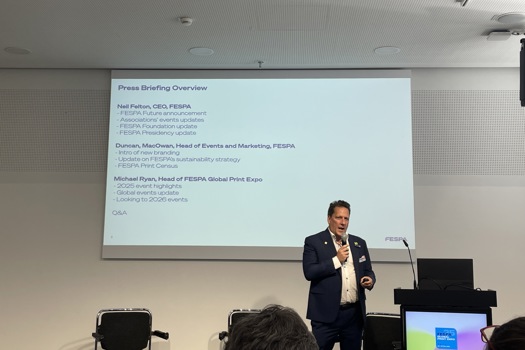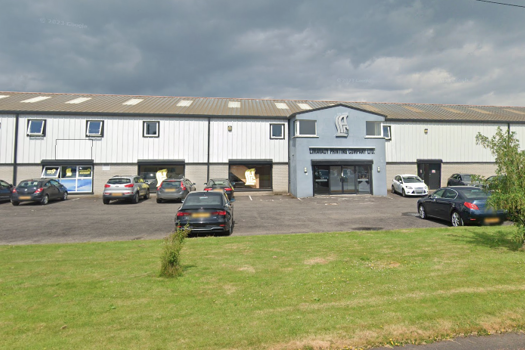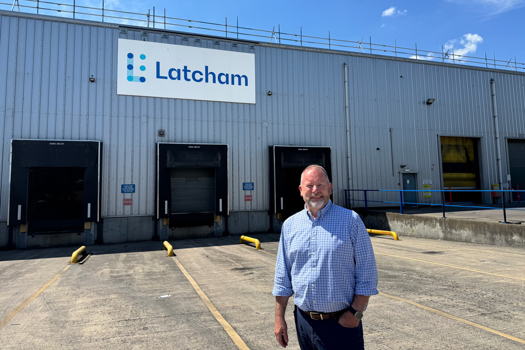More than two years have passed since the Paperlinx group of companies went into administration on 1 April 2015, with nearly 700 of 1,200 employees made redundant immediately.
Several hundred former employees of the various group businesses subsequently lodged a Protective Award claim for failing to consult.
The businesses are now in creditors’ voluntary liquidation.
After a protracted process and a delay to the original hearing date, the claim was due to be heard at a five-day employment tribunal starting today (24 July).
However, at the end of June, Deloitte made an offer of 56 days’ pay, which was subsequently increased earlier this month to 80 days’ pay.
Robert Smith, employment law solicitor at Thompsons Solicitors, which is representing Unite members involved in the claim explained there were three categories of worker: those made redundant on 1 April 2015 are eligible for 80 days’ pay; those made redundant between 10 April and the end of April are eligible for 65, and for those laid off after 1 May 2015 it is 56 days.
“No offers were made until quite a late stage, and 80 days is the final result. Because of Paperlinx’s insolvency the payments are likely to be made by the Insolvency Service, which pays a maximum of eight weeks,” he said.
“It is a victory, but unfortunately it is not possible to fully recover the amount due.”
PrintWeek understands that the proposal has been accepted by the vast majority of employees involved, and all the parties involved have now signed a consent judgement.
Many of the workers expressed their frustration at the drawn-out process, while Paperlinx’s multi-company structure means that final payouts will differ, and some employees have missed out altogether.
Former employee Pete Jackson, who set up a Facebook support group for his Paperlinx colleagues in 2015, said he had mixed feelings: “We’re still waiting for the judge to finalise things, but the good news is we’ll get paid up within five-to-seven weeks. At least it's on its last legs now, but I was sad to find out that out of the 750 employees made redundant, just over 400 claimed, but only 244 qualified.”
Many potential claims fell by the wayside because of technicalities involving the number of people employed by the various operating companies at different sites not meeting the threshold for inclusion.
One frustrated former staffer said: “Despite the fact that it should affect me after 24 years and seven months of loyal service, I, as a proud Paper Co employee was shifted against my will to Moulton Park 18 months before D-day, and therefore will get the grand sum of £0 from this. Almost 25 years and no payout as I moved location without choice.”
In a statement, a Deloitte spokesman said: “The Paperlinx group of companies had a complicated corporate structure. This coupled with the large group of claimants and range of claims being brought presented a number of issues that had to be dealt with before the claims could go forward. These issues have now been resolved and the matter is proceeding.”
In its second annual progress report, for the year to 3 April 2017, Deloitte confirmed that preferential creditors have been paid in full.
The Pension Protection Fund (PPF) has submitted a revised claim for £234m against Robert Horne, and £31m against Howard Smith. The Howard Smith scheme transferred into the PPF in January, while the Robert Horne scheme remains under assessment.
An HMRC claim for £8.5m in VAT across the group is likely to be paid in full when between £10m-£15m is recovered from Paperlinx NL Holdings in the Netherlands.
At the time of the report Deloitte said it expected to pay an interim dividend to unsecured creditors in The Paper Co, Robert Horne Group, and Howard Smith Paper Group “as soon as practicable”.
The Deloitte team chalked up £917,327 of time costs during the period, and the firm drew fees of £439,413. Legal fees with four different lawyers came to £184,726.










